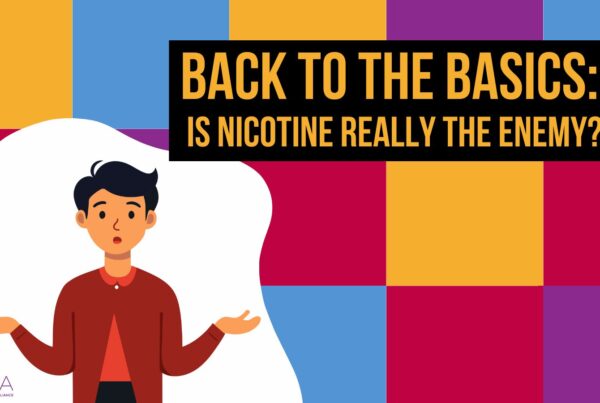A recent report, centring on the prevention of tobacco-related deaths, showcases Bangladesh as a case study, illustrating the life-saving potential inherent in harm reduction policies.
Tobacco use is closely associated with the leading causes of death in Bangladesh, including stroke, heart disease, and chronic obstructive pulmonary disease. This paired with an 18.6% tobacco smoking rate among adults, Bangladesh contends with the consumption of “harmful smokeless tobacco and areca nut products,” playing a substantial role in the elevated incidence of oral cancer in the nation.
The research indicates that executing tobacco harm reduction (THR) policies, ensuring access to THR products, and improving the accessibility to diagnosis and treatment of tobacco-related diseases could prevent the loss of around a million lives (920,000) in Bangladesh across the next four decades.

Recognizing the extended timeline of this approach, there is an urgency emphasised by the statement: “All premature tobacco-related deaths by 2060 will be among current adult smokers, underscoring the necessity to prioritise middle-aged smokers and consumers of harmful smokeless tobacco products.“
Considering the WHO’s projections, which anticipate a 25% decrease in smoking rates from 2000 to 2025, the importance of embracing harm-reduced alternatives becomes apparent. This report suggests the possibility of doubling this decline to 50% through the implementation of recommended measures concentrating on tobacco harm reduction (THR) and enhanced healthcare access.
The study identified a significant gender difference in tobacco smoking habits: 36.4% of men participate in this practice, whereas only 0.5% of women are reported to smoke. Delving into and analysing the gender-specific aspects of this behaviour within specific societies could facilitate tailored campaigns, aiming to disseminate information about tobacco-free alternatives and foster greater social acceptance of these options.
For a thorough comprehension of the situation and to discern the subsequent steps for activists, governments, and stakeholders, access the complete report here.
Related Posts
 Time to support Filipino vape law, not relitigate it
Time to support Filipino vape law, not relitigate it
Time to support Filipino vape law, not relitigate it
 Greens’ Plan To Legalise Nicotine Vapes Lauded
Greens’ Plan To Legalise Nicotine Vapes Lauded
Greens’ Plan To Legalise Nicotine Vapes Lauded
 Taiwan Vaping Ban Disappointing For Its Many Smokers
Taiwan Vaping Ban Disappointing For Its Many Smokers
Taiwan Vaping Ban Disappointing For Its Many Smokers
More about
Alcohol Harm Reduction
More about





